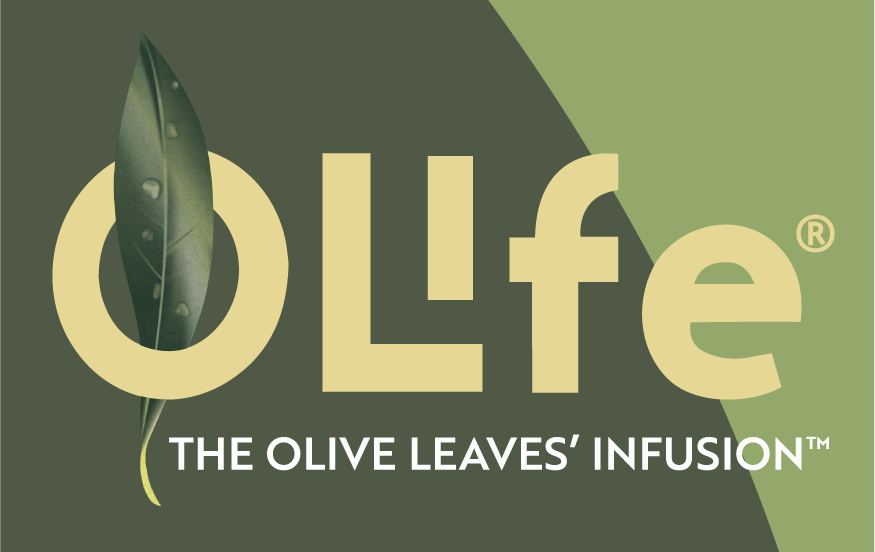The Benefits of OLife®

OLife® and antioxidant property
What causes a flower to wilt, an apple to rot, our cells to age and our skin to wither? Cellular oxidation: the premise of oxidative stress.
We increasingly hear about oxidative stress, but what is meant by this expression? In simple terms, we can define it as an imba- lance between the amount of free radicals and the amount of antioxidants in our body, which can lead to cell and tissue damage. It is good to remember that during the usual metabolic processes, our cells produce free radicals. Our body, as we know, is a perfect machine and, in normal situations, it produces antioxidant substances, such as glutathione, which can neutralise them.


The physiological control of blood sugar and cholesterol
In October 2022, a clinical study conducted by Prof. Giuseppe Derosa, Head of the University Centre for Diabetology, Metabolic Diseases and Dyslipidaemia, University of Pavia at Policlinico San Matteo, was publi- shed in the Journal of Food and Nutrition Research. The research was conducted with the aim of evaluating the effects of OLife® on glyco-metabolic parameters, glycaemic status in pre-disease patients with impaired fasting blood glucose (FHG), lipid profile and inflammatory parameters.
The study showed that OLife®, taken for 3 months at a rate of 70 ml/day and combined with a standardised diet, allowed patients to:
– reduce the concentration of lipids in the blood, which is useful in case of high cholesterol and triglyceride levels;
– reduce fasting and post-prandial blood glucose, with a consequent positive effect on glycaemic peaks;
– counteract inflammation.


What is blood glucose and why it is important to keep it under control.
Blood glucose is a parameter that measures the concentration of glucose in the blood.
It may vary throughout the day depending on the type of diet and physical activity.
The blood glucose level is kept constant in the blood by the action of two hormones:
INSULIN
Produced by the beta cells of the pancreas, it comes into action when blood glucose levels become too high, especially after a meal rich in carbohydrates.
GLUCAGON
Has an antagonistic action to that of insulin. When blood glucose levels fall, it is secreted by the alpha cells of the pancreas giving the input to the liver to release the glucose stored in it into the blood.
